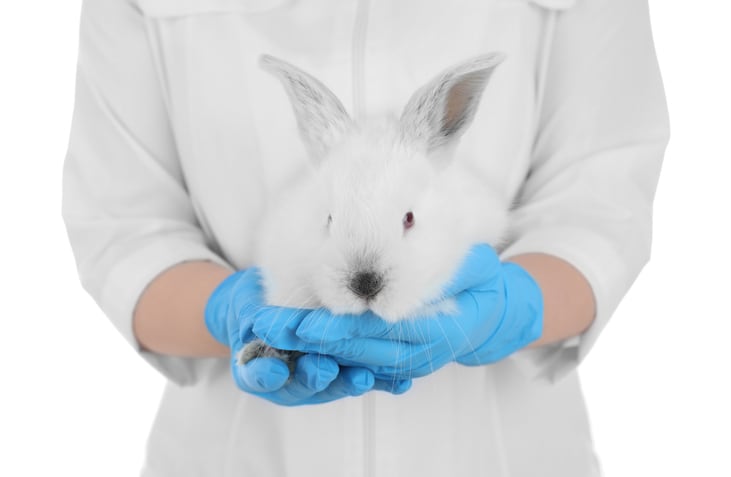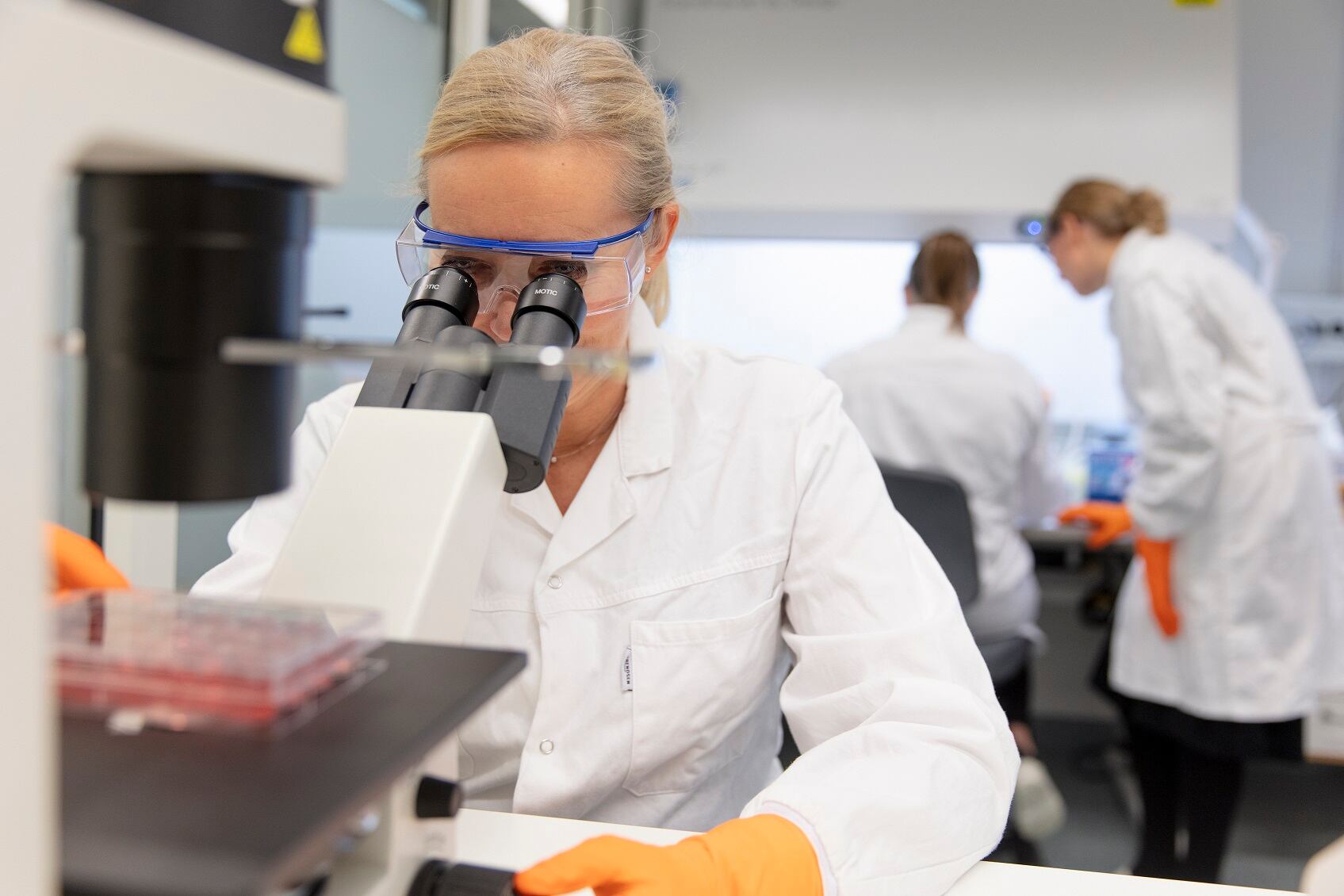The two chemicals in question – homosalate and 2-ethylhexyl salicylate – are ultraviolet light filters that are solely used as ingredients in sunscreens.
Animal testing was banned in Europe in March 2009, but there is a regulation based around worker exposure to certain chemicals in the EU’s REACH regulation, which can be at odds with the testing ban.
According to animal protection NGO Cruelty Free Europe (CFE), the toxicity testing of the two chemicals that's required by ECHA will involve over 5,500 animals, including rats, rabbits and fish, being force-fed the ingredients in tests before being killed and dissected.
Cruelty Free Europe member, Cruelty Free International, was allowed to intervene in the appeals on behalf of Symrise AG and said the decision “renders the European Union and United Kingdom bans on animal testing for cosmetics virtually meaningless.”
The interplay between REACH and Cosmetics Regulation
However, in response to Cruelty Free Europe’s comments, the ECHA has highlighted its position in terms of balancing the EU’s REACH worker safety regulation with Cosmetics Regulation.
It said: “The court has issued its judgment, and we welcome its outcome. It confirms how the European Commission and ECHA have interpreted the interplay between the current REACH and current Cosmetics Regulation.
To make sure that workers are not at risk, REACH requires safety data on the properties of chemicals they handle, regardless of if substances are used for cosmetics. To protect the health of workers, animal testing may be required under REACH.
REACH requires companies to use alternative methods whenever possible before conducting animal tests. ECHA promotes the use of alternative methods and plays a role in verifying if new animal testing proposed by companies is needed.
Animal tests are only needed if there is no alternative way to demonstrate safe use of chemicals.”
"Brings clarity to the subject matter"
Symrise itself said it acknowledged the decision from the European Court of Justice regarding the cases T-655/20 and T-656/20. "We appreciate that this brings clarity to the subject matter. It is a fundamentally important event for Symrise that the European Court of Justice has now decided on, which we of course respect," said a spokesperson for the company.
"Due to the complexity of the legal proceedings, we are currently unable to make any substantive statements. We will now perform a deeper analysis of the verdict to determine potential further actions."
"Side-stepped a provision in REACH"
The ruling against Symrise acknowledges that, under Article 25 of REACH, manufacturers should “generate information obtained by means other than animal testing ‘whenever possible’ and to undertake such testing ‘only as a last resort’” – therefore when there are no non-animal alternatives.
However, Cruelty Free Europe said that it believed that the General Court's decision has not aligned with this.
“In fact, the testing bans in the Cosmetics Regulation apply irrespective of whether there are alternatives,” the NGO said in a statement.
“The Court, wrongly in CFI’s view, sidestepped a provision in REACH which says that the REACH testing requirements apply ‘without prejudice’ to the cosmetics bans – in other words, those bans should take precedence. The ruling therefore turns on its head what EU citizens have been promised. The cosmetics bans were introduced before REACH – hence the need for the ‘without prejudice’ clause.”
In 2018, the ECHA told Symrise AG that they were required to test these chemicals on animals.
The German chemicals company then undertook an initial appeal, which was held in 2021, but was dismissed by ECHA’s Board of Appeal. Symrise AG then took its case to the General Court.
Over 1.2 million signatures
Over 1.2 million people recently signing a ‘Save Cruelty Free Cosmetics’ European Citizens’ Initiative, which was launched in August 2021 by a coalition of European animal protection groups including Cruelty Free Europe.
In response to this demand, the European Commission said it would start to plan the total phase-out of animal testing for all chemicals.
Cruelty Free Europe’s Director of Science and Regulatory Affairs, Dr Emma Grange, said: “This decision is a huge backwards step in our fight to stop animals suffering and dying in the name of beauty. The existing bans, which have been in place in the UK for 25 years and European Union for two decades, are now virtually meaningless, as this case will set a damaging precedent in toxicity testing for cosmetics ingredients, even if they have been approved as safe for use for many years.”
"Plenty of unnecessary animal testing going on"
On the topic of animal testing for cosmetics, Cosmetics Design-Europe recently spoke to the CEO of Swedish life sciences company SenzaGen who said he believed that there is still plenty of unnecessary animal testing going on across the world.
The game-changing business has developed technology based on genomics and human tissue models, which it said has been shown to give more reliable results than testing on animals and could potentially be an alternative option for cosmetics companies.





